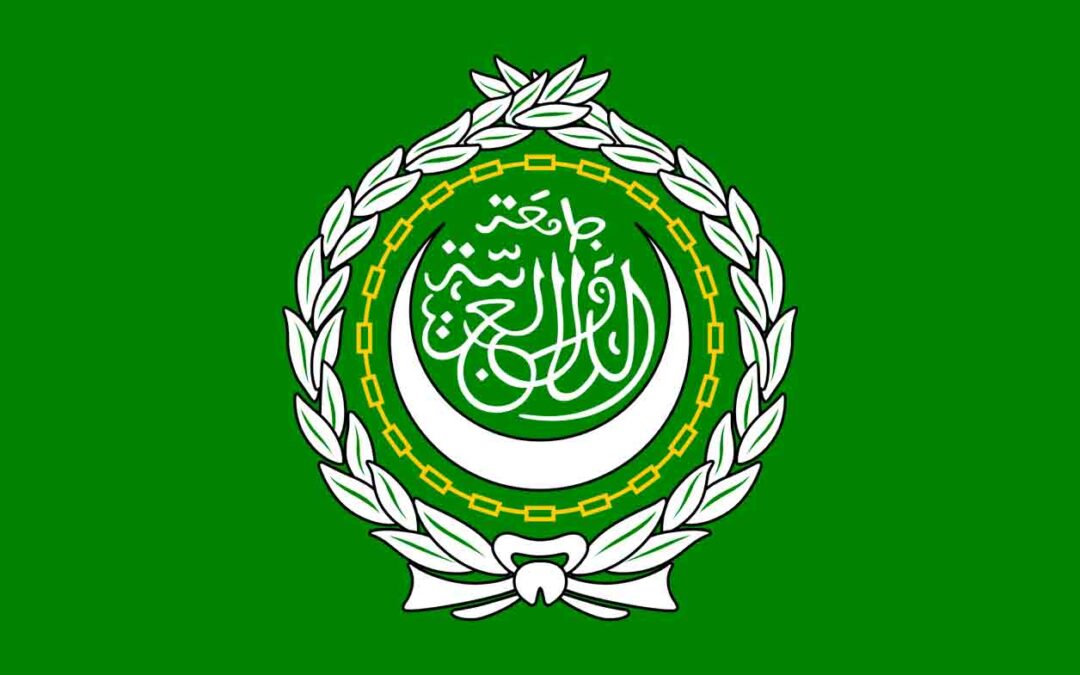
Sep 9, 2014 | News
The ICJ today dismissed the adoption by the League of Arab States (LAS) of the Statute of the Arab Court of Human Rights as an empty gesture that will do nothing for the victims of human rights violations in the Middle East and North African (MENA) region.
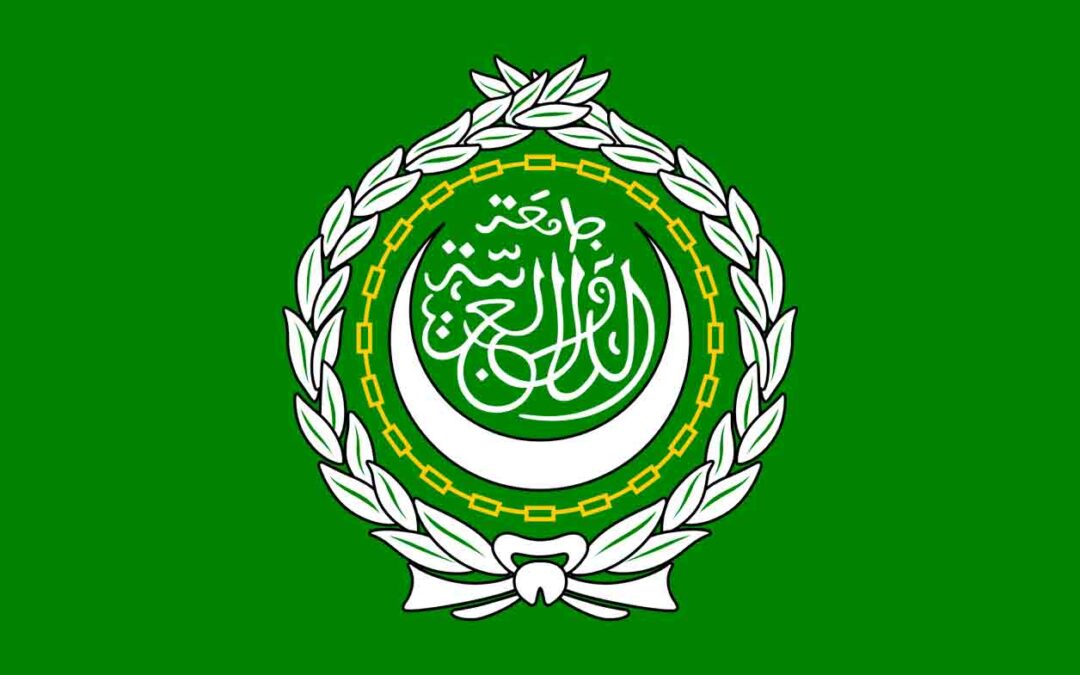
Sep 2, 2014
The ICJ and other rights groups today sent an open letter to the Ministers of Foreign Affairs of the member States of the League of Arab States (LAS) urging them to defer action on the adoption of the draft Statute of the proposed Arab Court of Human Rights (the Arab Court).
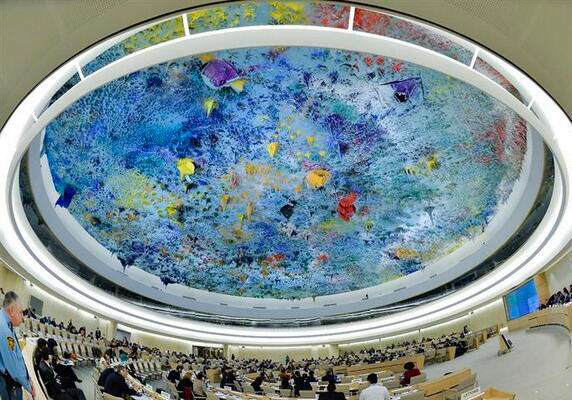
Aug 29, 2014
The International Commission of Jurists has joined other non-governmental organisations to urge the UN Human Rights Council to take action on the situation in Egypt.
The organisations urge the Human Rights Council to adopt a resolution that clearly and unequivocally condemns the ongoing crackdown and increasing restrictions to basic freedoms in Egypt and calls upon the Government of Egypt to fully respect its human rights obligations and to ensure accountability and justice for past and ongoing gross human rights violations.
The letter is available for download in pdf format here: ICJ-UN-HRC-Egypt-OpenLetter-29082014.
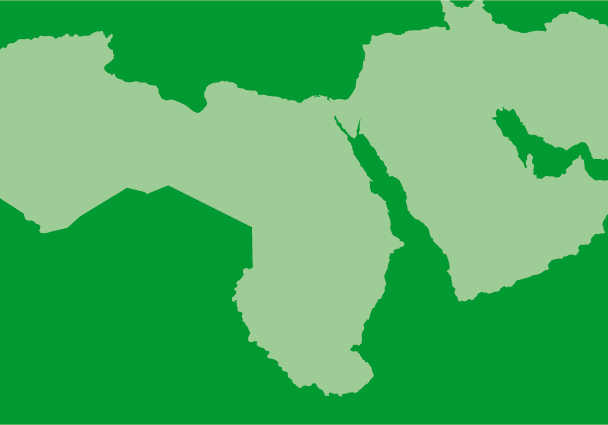
Jul 23, 2014
The UN Human Rights Council today decided to establish an independent, international commission of enquiry to investigate all violations of international humanitarian law and international human rights law in the OPT, including East Jerusalem, particularly in the occupied Gaza Strip.
The Human Rights Council’s decision, in its Resolution S-21/1, came at the conclusion of a special session of the Council on the human rights situation in the Occupied Palestinian Territory, including East Jerusalem. The ICJ itself called on the establishment of a commission of enquiry, emphasising that certain attacks by the Israel Defense Forces and Palestinian armed groups constituted crimes under international law and that all perpetrators must be held to account.
The newly established commission of inquiry will report to the Human Rights Council at its 28th regular session in February-March 2015.
OPT-HRC-SpecialSession-OralStatement-2014 (download ICJ oral statement in PDF)
A-HRC-RES-S-21-1_en (download Human Rights Council Resolution S-21/1 in Word)
Go to webpage on ICJ’s written statement to the Human Rights Council
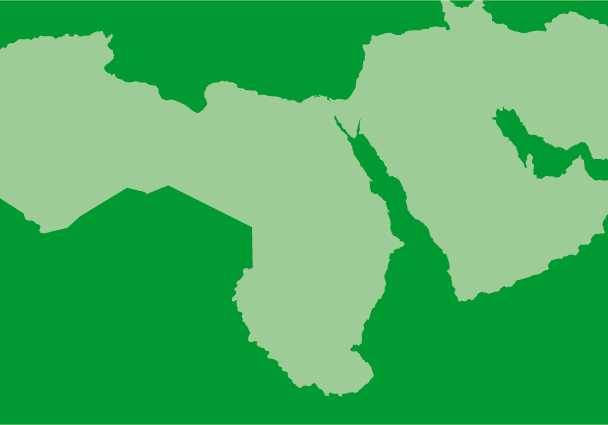
Jul 22, 2014
The ICJ today presented a statement to the UN Human Rights Council ahead of tomorrow’s special session on the human rights situation in the Occupied Palestinian Territory, including East Jerusalem.
The Human Rights Council will tomorrow hold its 21st special session following a request from 16 of the Council’s members. Ahead of this session, the ICJ submitted a written statement to the Secretariat of the Human Rights Council.
OPT-HRC-SpecialSession-WrittenStatement-2014 (download written statement in Word)









